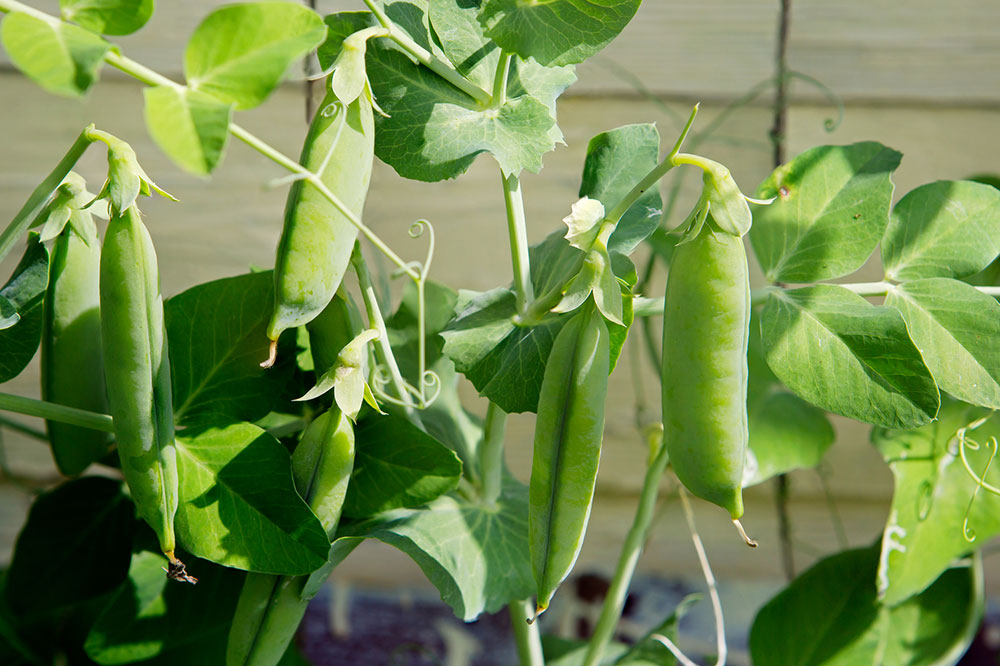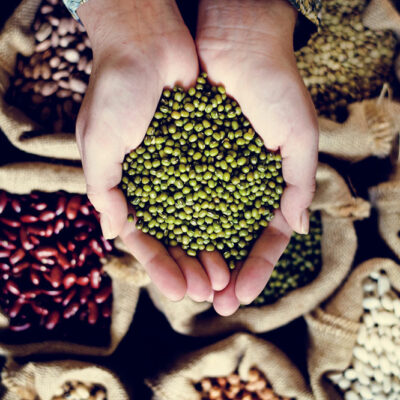
Trigger Foods for Ulcerative Colitis
For people suffering due to ulcerative colitis, there are some foods that should be avoided at all costs, as these are trigger foods. Ulcerative colitis (UC) is characterized by symptoms like diarrhea, nausea, blood in the stools, rectal bleeding, weight loss, fatigue, and abdominal pains. To keep the symptoms from surfacing or worsening, it is necessary to know the trigger foods for ulcerative colitis.
The top trigger foods for ulcerative colitis are:
1. Alcohol
Alcohol has a stimulating effect on the intestine, and this can trigger diarrhea. Likewise, caffeinated drinks like tea, coffee, energy drinks, and carbonated beverages can irritate the gut. They cause gas and bloating, and many of these have caffeine, added sugar, and artificial sweeteners that are well-known UC triggers.
2. Whole grains
These are fiber-rich foods that are hard to digest and can cause the UC condition to flare up. The bran is not removed from such grains, making them high in fiber content. So, it is best to stay away from cereals and bread made with whole grains, macaroni, and noodles, as these are trigger foods for ulcerative colitis. People with UC must avoid wild rice, oats, buckwheat, quinoa, and brown rice. Instead, eat cooked, white rice that is better for people with ulcerative colitis.
3. Nuts
Whether eaten raw or cooked into flour, these should definitely be avoided at all costs when you have ulcerative colitis and are prescribed a low-fiber diet. So, stay away from pecans, walnuts, hazelnuts, cashews, and almonds.
4. Seeds
Just like nuts, certain seeds are excellent sources of insoluble fiber and may trigger gas, bloating, and unpleasant side-effects for people with UC. These include pine nuts, flax seeds, sesame seeds, millet, pumpkin seeds, sunflower seeds, and wild rice.
5. Lentils/dried peas and beans
These are protein-rich high-fiber sources and contain indigestible sugars that trigger gas. It is best to avoid all kinds of beans, including chickpeas, soy nuts, and edamame. These will increase bowel movement, gas, and cramping.
6. Fibrous fruits
These are super healthy, but it is not advisable for UC patients, whether eaten raw or dried. You may eat fruits that are peeled or if they have been well-cooked till they become soft. For instance, canned fruits are permitted, but they should ideally be packed in water that does not contain added sugar.
7. Fibrous veggies
These can only be eaten when they have been skinned, devoid of seeds, and have been cooked until soft. No raw vegetables should be eaten if you have UC, even corn. You can, however, opt for canned vegetables provided the skin is removed.
8. Sulfate/sulfides
Although sulfate is needed by our bodies to perform certain functions, it can feed some bacteria that produce toxic hydrogen sulfide gas in people with UC. So, sulfate or sulfide-rich foods like dairy milk, red meats, wine, beer, grape juice, apple juice, eggs, cheese, cruciferous vegetables, and dried fruits are best avoided.
9. Dairy foods
You will find that people with UC tend to have lactose intolerance. So, if you think that dairy works like a trigger for your symptoms, you must eliminate all types of dairy foods from your meals, like yogurt, butter, or cheese.
10. Gluten-foods
Gluten intolerance is also quite common in people with digestive issues. This protein is found in rye, barley, and wheat. So, it is a common ingredient in pasta, soups, and condiments. To keep UC symptoms in check, you should avoid all gluten-rich foods like baked goods, cereals, and grains.


